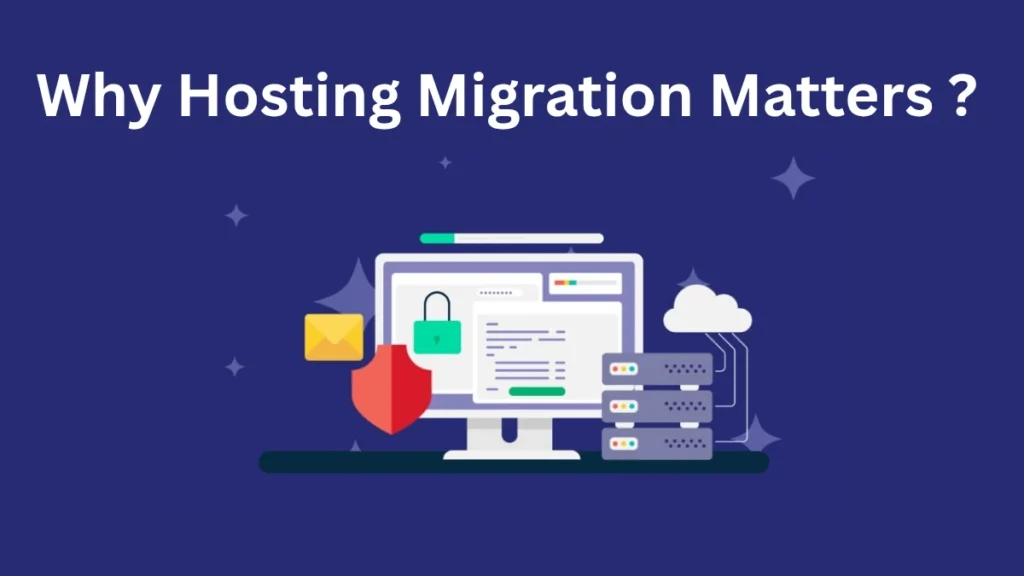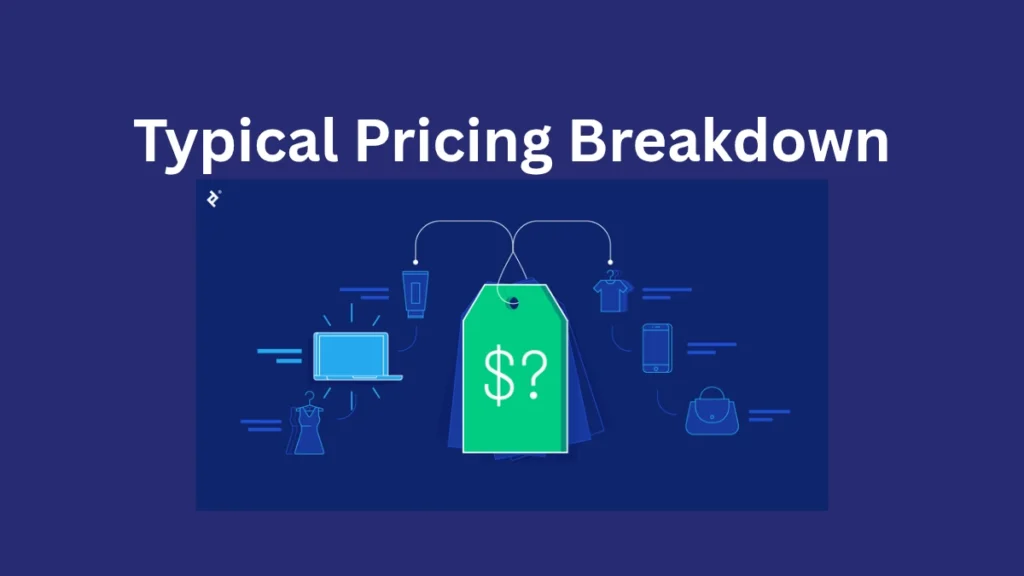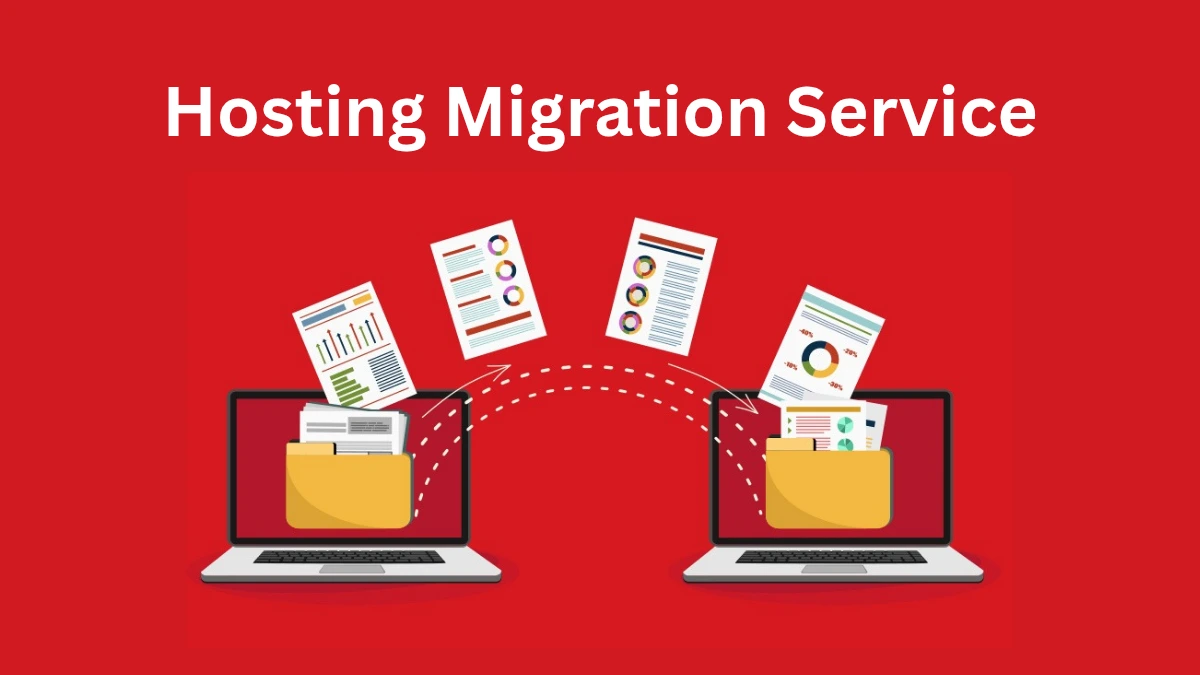Migrating a website from one hosting provider to another might sound simple, but for developers and agencies, it’s a complex task that involves technical expertise, data integrity, and cost evaluation. Understanding the hosting migration service cost is crucial before making the move.
In this complete guide, we’ll break down every detail about hosting migration costs — from pricing factors and hidden fees to best practices that ensure a seamless transition.
What Is Hosting Migration?
Hosting migration refers to the process of transferring your website’s data, databases, emails, and applications from one web hosting provider to another.
For developers and digital agencies managing multiple client websites, migrations are part of regular operations — especially when scaling to better infrastructure or moving to specialized platforms like AWS, Google Cloud, or DigitalOcean.
The hosting migration service cost can vary based on the size of your website, the level of customization, and the complexity of your setup.
Why Hosting Migration Matters for Developers and Agencies

Website performance and reliability are directly tied to the hosting environment. Developers and agencies often migrate websites for several reasons:
- Better uptime and server performance
- Scalability for high-traffic projects
- Enhanced security protocols
- Cost-effective hosting solutions
- Need for managed cloud infrastructure
A poorly executed migration can result in downtime, data loss, and SEO ranking drops — all of which can cost more than the migration itself. Hence, investing wisely in hosting migration services ensures a seamless transition and long-term stability.
Factors That Affect Hosting Migration Service Cost
When evaluating hosting migration service cost, you must understand what drives the pricing. Here are the main factors:
1. Website Size and Complexity
A small static site can cost as low as $50 to migrate, while a complex eCommerce store with thousands of products may exceed $1,000.
2. CMS Platform
Migration cost differs based on CMS — WordPress, Magento, Shopify, or custom frameworks all require different handling.
3. Hosting Environment
Migrating between shared hosting is easier than transferring data between cloud servers or VPS environments.
4. Data Volume
Large media libraries, databases, and backups can increase bandwidth and time requirements.
5. Email and DNS Configuration
If you’re moving email accounts or DNS records, the process involves additional technical steps and cost.
6. Downtime Management
If zero downtime is required, developers often charge a premium for seamless switchovers.
7. Security and Backup Measures
Some migration services include malware scanning, SSL setup, or complete data backups, which impact total cost.
Typical Pricing Breakdown (With Real Examples)
Here’s a general idea of hosting migration service cost in 2025:
| Type of Migration | Typical Cost Range | Notes |
|---|---|---|
| Basic WordPress Site | $50 – $150 | Simple shared hosting migration |
| Medium eCommerce Store | $200 – $600 | Includes database and plugin reconfiguration |
| Custom Web App (Node, Laravel, etc.) | $500 – $1,500 | Complex infrastructure and server tuning |
| Cloud-to-Cloud Migration (AWS, GCP, Azure) | $800 – $3,000 | Includes devops and automation setup |
💡 Tip: Always confirm if SSL, CDN, and DNS setup are part of the package — some providers charge separately.
Managed vs. Manual Migration Costs
There are two main migration options: Managed Migration and Manual Migration.
Managed Migration
In this option, your hosting provider or a professional service handles everything.
✅ Pros: Safe, time-efficient, risk-free
❌ Cons: More expensive
Average cost: $200 – $1,000 per site
Manual Migration
Developers or in-house teams perform the migration using tools like cPanel, FTP, or command-line utilities.
✅ Pros: Budget-friendly
❌ Cons: Risk of errors, downtime, and data loss
Average cost: $0 – $300 per site
For agencies managing multiple websites, managed migration is often worth the investment for its reliability.
Self-Migration vs. Professional Migration Services

While self-migration can save money upfront, professional services offer significant value:
| Self-Migration | Professional Migration |
|---|---|
| Free or low cost | $100–$1,500 |
| Requires technical skills | Done by experts |
| Risk of downtime | Guaranteed uptime |
| No support | 24/7 technical support |
If your agency handles multiple client sites, outsourcing to a professional hosting migration service is more scalable and time-saving.
Hidden Costs You Shouldn’t Ignore
Sometimes, the hosting migration service cost goes beyond the advertised package. Be aware of these hidden charges:
- Domain transfer fees
- Email migration (especially for corporate accounts)
- Premium DNS configuration
- Plugin reactivation or license renewal
- Post-migration testing and bug fixes
Always request a full quote and service scope before finalizing a migration vendor.
How to Choose the Right Hosting Migration Partner
When selecting a migration partner, consider:
- Experience with your platform (e.g., WordPress, Magento, or custom apps)
- Transparent pricing with no hidden charges
- Uptime guarantee and rollback plan
- Data privacy policies
- Post-migration support
Some reliable external resources include:
Tools and Resources for Easier Migration
Here are some tools developers use to simplify the process:
- Migrate Guru (for WordPress sites)
- All-in-One WP Migration Plugin
- rsync and scp for server-level transfers
- Cloudflare for DNS management
- Google PageSpeed Insights (to test site performance after migration)
Tips to Reduce Hosting Migration Service Cost
Want to minimize your hosting migration service cost? Follow these expert tips:
- Clean up your website before migration — delete unused files, plugins, and backups.
- Automate backups using cloud storage.
- Choose managed hosting providers that offer free migration.
- Migrate during off-peak hours to avoid downtime costs.
- Bundle migrations — if you manage multiple sites, negotiate for a bulk discount.
Conclusion
Understanding the hosting migration service cost is essential for developers and digital agencies planning to switch hosting providers in 2025.
While basic migrations can be affordable, enterprise-level websites require a more strategic approach — considering downtime management, scalability, and long-term infrastructure needs.
By choosing the right tools, partners, and practices, you can keep costs reasonable and ensure a smooth transition for every project.
Frequently Asked Questions (FAQs)
1. How much does hosting migration typically cost?
The average hosting migration service cost ranges from $50 to $1,500, depending on the website’s complexity and hosting type.
2. Can I migrate my website myself?
Yes, but manual migrations require technical knowledge of databases, DNS, and server configurations. For agencies, professional services are safer.
3. Do hosting companies offer free migration?
Many managed hosting providers like Kinsta and WP Engine offer free or discounted migrations when you sign up for a new plan.
4. Will migration affect my website’s SEO?
If done correctly, migration doesn’t harm SEO. Always ensure 301 redirects and minimal downtime.
5. What is the safest time to perform a hosting migration?
Perform migrations during low-traffic periods — typically at night or weekends — to reduce downtime impact.

1 thought on “Hosting Migration Service Cost In 2025: Ultimate Guide for Developers and Agencies”